Can You Put Water on An Electrical Fire? (What To Do Instead)
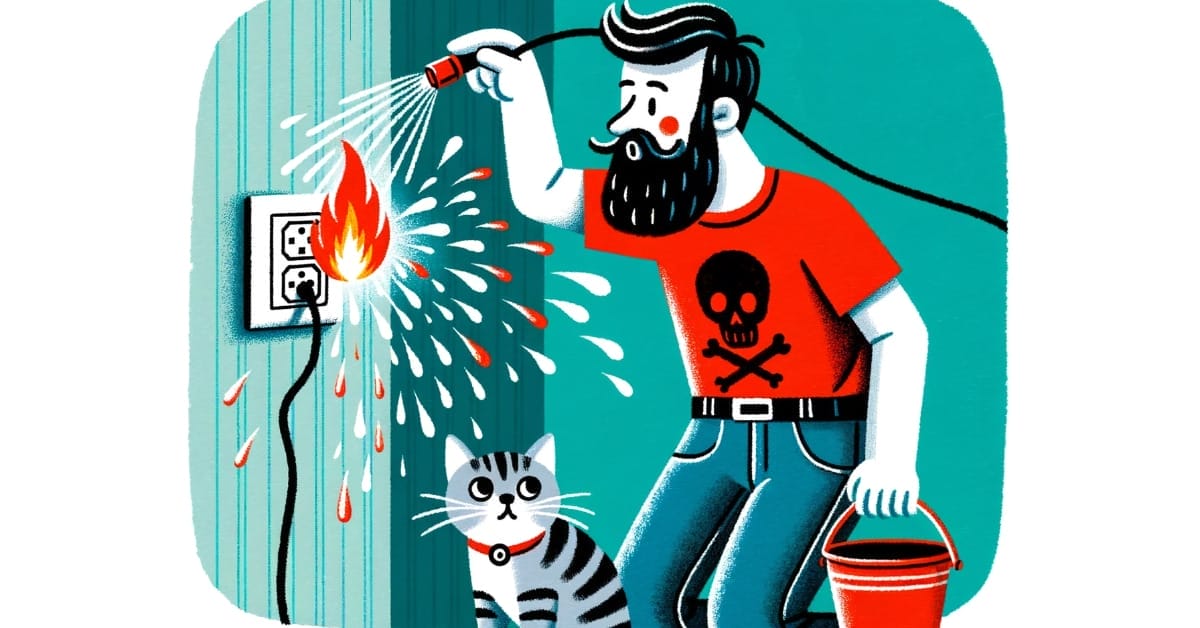
In this article, you’ll learn whether it is okay or not to put water on electrical fires.
An electrical fire can occur anywhere, at any time. You should have one or two methods to put out the fire in that situation.
Generally, you should never put water on an electrical fire. The water is considered an electrical conductor, and you might get electrocuted. Instead, use a fire extinguisher or baking soda.
Read the article below if you plan to use water on an electrical fire.
Using Water on an Electrical Fire
Using water on an electrical fire is a bad decision. Let’s discuss it.
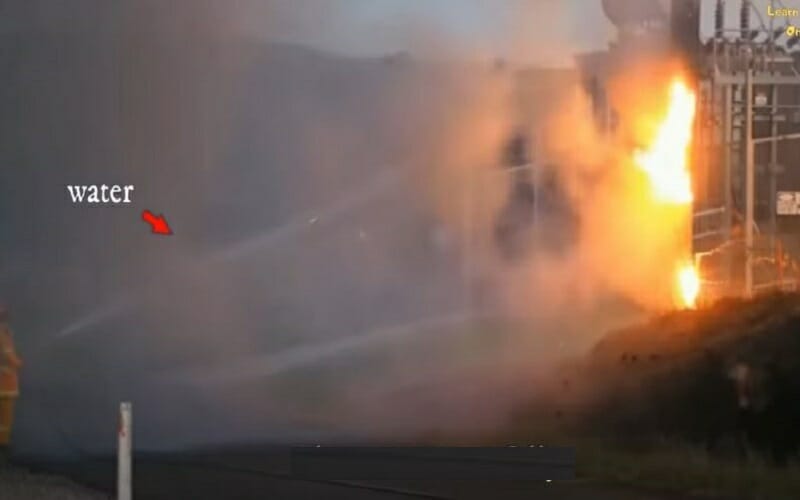
Water is an excellent conductor of electricity. Therefore, you might get electrocuted often at a fatal level. Unlike other fires, electrical fire has electricity. When you put water on it, the electricity will flow through the water to your body and then to the ground. As you know, this is known as electrocution.
Quick Tip: There are five types of fires; Class A, Class B, Class C, Class D, and Class K. Electrical fires belong to Class C (according to OSHA).
However, you can throw water into an electrical fire if you can unplug the electrical supply. If such isolation is not possible, use below alternative methods.
How Can I Put Out an Electrical Fire?
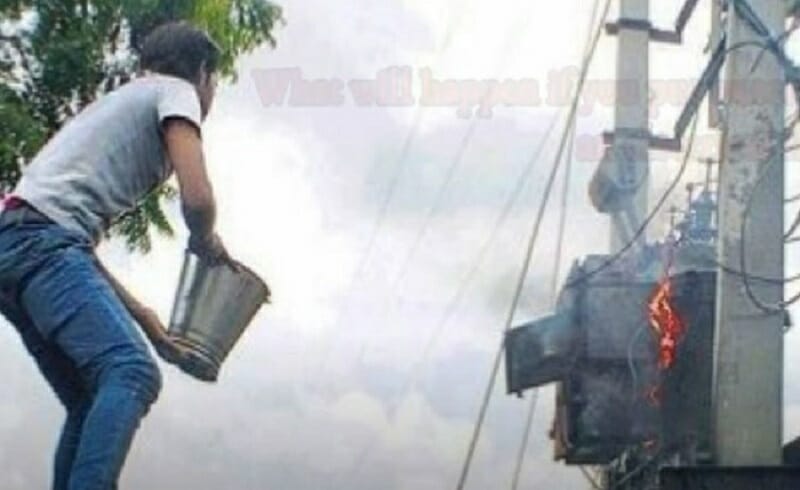
What can you use if you cannot put out an electrical fire with water? Luckily there are two options, and I will talk about them in this section.
Use a Fire Extinguisher
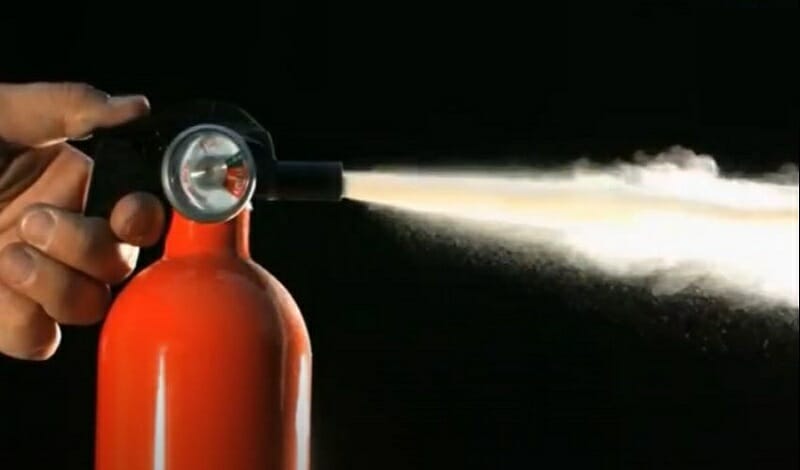
The first and best choice should be the fire extinguisher. Nearly 75 percent of US homes have a fire extinguisher. If you don’t have one, buy one today. It is a must-have item in your house.
Most household fire extinguishers are suitable for only one class. For instance, if you own a B Class extinguisher, it should be used to put out a Class B fire. Hence, get a Class C one if you intend to put out an electrical fire.
Always remember that using a B Class extinguisher on a Class C fire will be less effective.
About Class C Fire Extinguishers
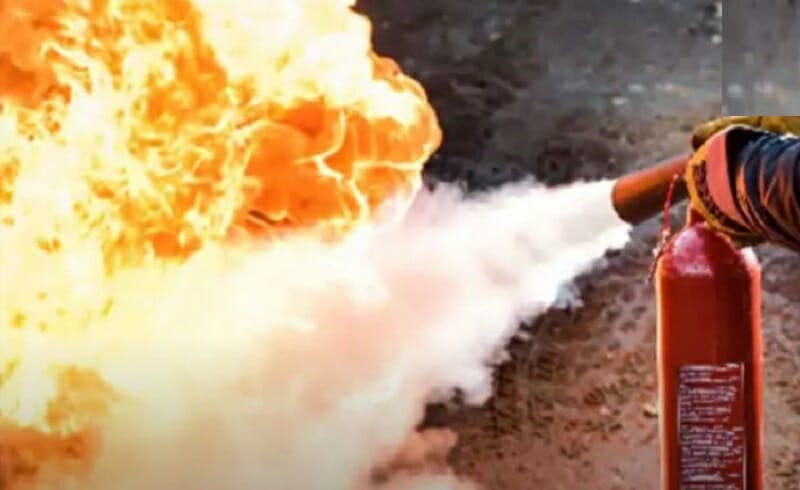
Most Class C fire extinguishers contain potassium bicarbonate and potassium chloride. And sometimes, they might contain ammonium phosphate. These three ingredients work together to put out electrical fires. Class B fire extinguishers also have the same ingredients as Class C.
Important: Different classed fire extinguishers come with different types of ingredients inside of them. So, using other class extinguishers might increase the fire. As you can understand, using a Class B fire extinguisher on an electrical fire won’t be an issue since both Class C and B has the same ingredients. But never use Class A, D, or K extinguishers on an electrical fire.
Use Baking Soda
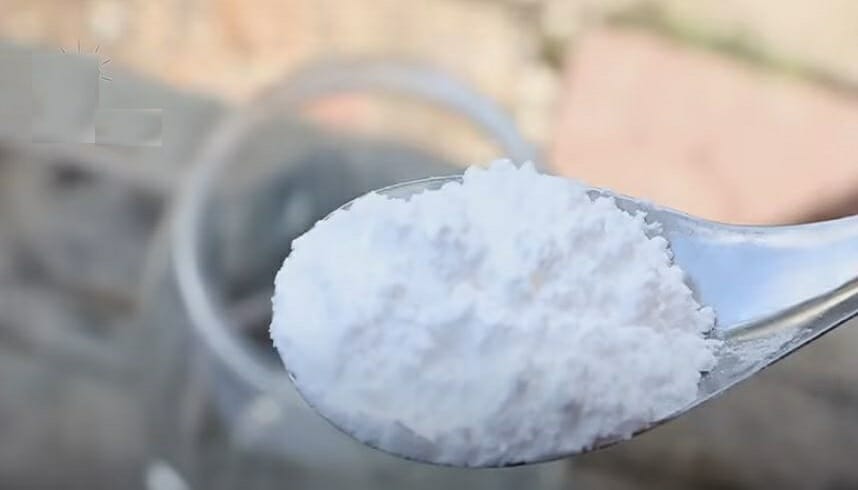
This is the second option, and it is a good one. If you don’t own a fire extinguisher or hesitate to use one, you can always put out an electrical fire with baking soda sodium bicarbonate. And here’s how you can make it more effective.
Instead of sprinkling the baking soda, dump it on the electrical fire. You might think, how is this possible? Let me explain.
Baking soda releases sodium carbonate, carbon dioxide, and water when heated enough. These three mixtures eat up all electrical fire’s oxygen to function. Here is a chemical reaction to this process.
At 176˚F,
NaHCO3 —————- Na2CO3 + CO2 + H2O
What Can Cause an Electrical Fire?
Now you know water isn’t a good solution for an electrical fire since the water conducts electricity. However, you did learn two solutions that will work nicely in a sudden electrical fire.
But keep in mind that “Prevention is Better than Cure.” So, a better understanding of electrical fire causes can save your property and your life.
Old Plugs
One of the most common causes of electric fires is old ungrounded plugs. These two-prong plugs were common in old houses and are sometimes still used in heritage houses today. Without the proper grounding, you’re at risk of sparks and appliances getting fried without the proper ability for electricity to be dissipated.
Portable Heaters
Portable heaters are safe to use. But you should remember one thing; they give off heat. An electric fire can start if you connect them to a socket with many other connections that cannot support its wattage if the connection is loose or overused.
Improper Light bulbs or Fixtures
When you connect a bulb to the light fixture, remember to check one thing; the wattage of the bulb. For instance, the bulb’s wattage should match the light fixture’s recommended value. Otherwise, overloading can occur at any given time, and it might lead to an electrical fire.
Old Appliances
It is never a good idea to use old appliances. These appliances often run with bad wiring, which is highly dangerous and might lead to an electrical fire. So, get rid of any old appliances in your home.
Take a look at some of our related articles below.
- Do electrical fires smell like fish
- Does leather conduct electricity
- Can a bad battery cause electric power steering problems
Video References
Learn Safety Online
Electrical Engineering
Thaitrick
